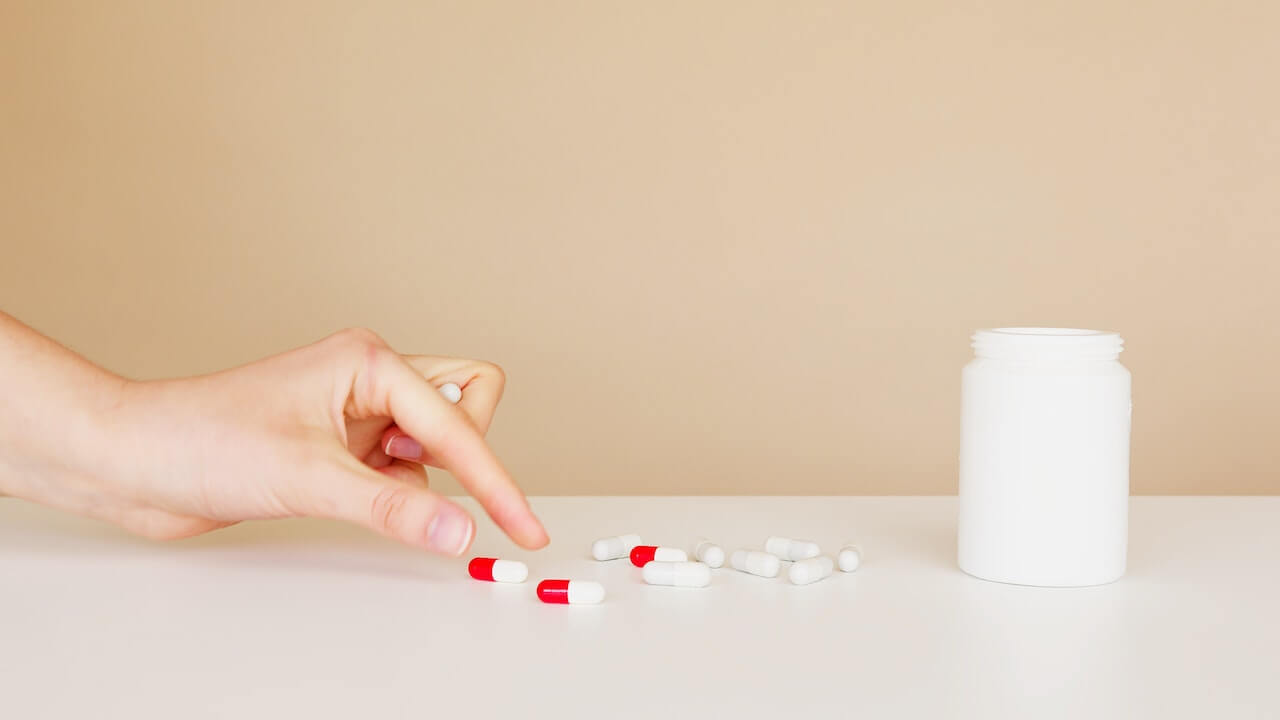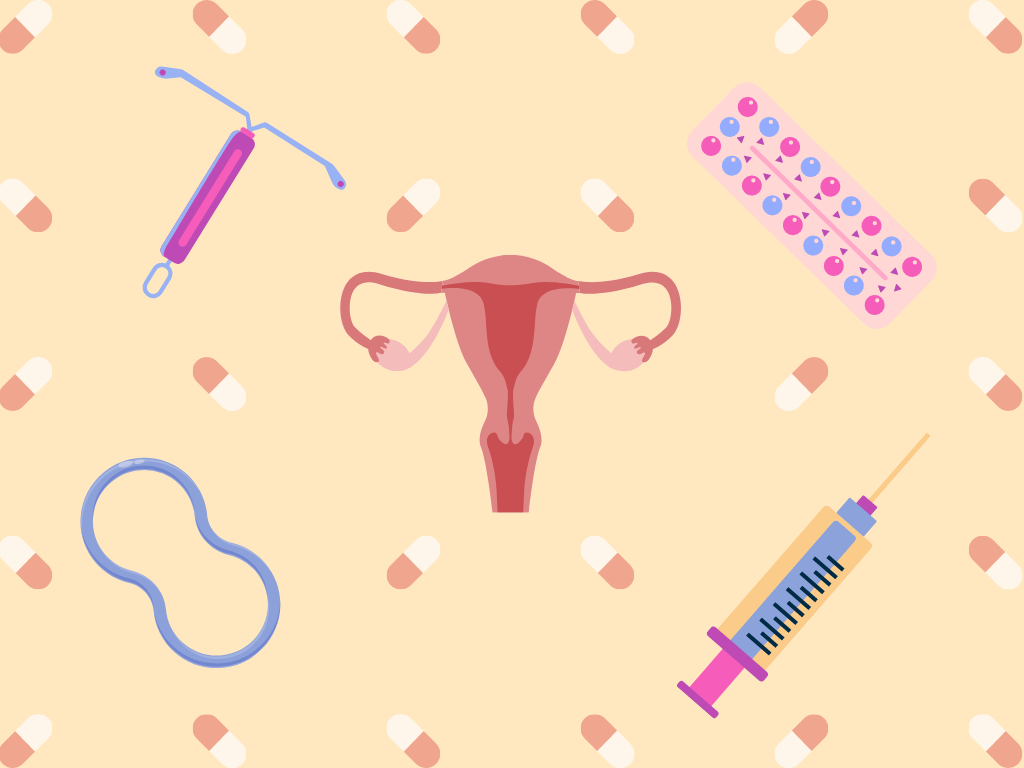Tics and tic disorders affect many people with ADHD. When tics become too frequent, they can affect a person’s quality of life, including their professional life and relationship with loved ones.
Let’s dive into the relationship between tics and ADHD, whether ADHD medication helps or hurts, and how to reduce pesky tics when they become too much.
Too long; didn’t read
- Tics are sudden movements and sounds made repeatedly and involuntarily.
- Many people suffering from tics and tic disorders also have ADHD.
- Some people have reported tics getting worse with ADHD medication.
- You can decrease the severity of tics by working on anxiety, improving sleep, and talking to a professional.
What are tics?
Tics are sudden twitches, movements, or sounds made repeatedly and involuntarily.
Motor tics involve bodily movements (such as headshaking, shrugging, or eye blinking).
Vocal tics include making sounds (e.g., coughing, barking, or throat clearing).
Tics vary in complexity. Simple tics are brief movements and sounds which don’t last very long, whereas complex tics last longer with prominent movements involving more than one muscle group or sounding out complete words.
Tic disorder and ADHD
Tic disorders, such as Tourette syndrome, are common comorbidities with ADHD. According to the CDC, more than half of children with Tourette syndrome also have ADHD.
Other research and experimentation suggested that around 20% of children with ADHD develop a chronic tic disorder.1 Simple tics are relatively common in children with ADHD, but these tics tend to disappear with aging.
Does ADHD medication cause tics?
ADHD medication includes stimulants, chief among them methylphenidate (e.g. Ritalin) and amphetamines (e.g. Adderall, Vyvanse). Some people have reported worsening tic symptoms, particularly in children, when using stimulant medication to treat ADHD.
While stimulants have been considered to affect tics in the past, more current research shows that stimulants used for people with both ADHD and tics don’t necessarily cause or increase tics.1 ADHD stimulants worsening tics may depend on other factors, such as co-occurring conditions.
What can you do about tics?
Tics do not necessarily have to be treated if they are mild. However, if tics are more severe or interfere with daily life, there are ways to help reduce them.
Reduce stress and anxiety
The link between stress and the onset of tics is well known, especially regarding “anxiety tics.” Anxiety tics occur when the body relieves anxiety using vocal or motor tics like blinking and throat clearing or vocalizations like humming and hissing. Treating the underlying anxiety issues can help treat the tics themselves.
Educate people around you
Thinking about tics too much can worsen them, especially when people around you react negatively to your tics.
Educating those around you about tics may be challenging, but awareness can reduce social anxiety and eventually help reduce them.
Improve sleep habits
Studies have shown that sleep issues increase the frequency and severity of tics.2
Improving sleep can help to reduce tics and make them more manageable. ADHDers and others may benefit from applying methods like the 10-3-2-1-0 routine to enhance sleep quality.
The relationship between more severe tic disorders (like Tourette syndrome) and sleep issues is more complicated. Tic disorders can exacerbate sleep problems, leading to insomnia and other sleep deprivation conditions.3 This is particularly common in people with ADHD, which can lead to worsening sleep and tic issues.
Talk to a professional
Psychotherapy, such as cognitive behavioral therapy, can help treat tics, especially if there are underlying conditions like ADHD, OCD, or anxiety. Therapists may use tactics like habit reversal training (HRT) or cognitive behavioral intervention for tics (CBIT).
HRT is a type of cognitive behavioral therapy that seeks to replace certain repetitive behaviors, such as tics or body-focused repetitive behaviors (BFRBs), with other behaviors. Awareness training aims to help a person identify environments, situations, and triggers which lead to them having tics.
Competition response training can help develop new habits to replace the tics and prevent them from emerging. Motivation training motivates the person to continue working on reducing their tics. Finally, generalization training helps generalize skills learned in HRT so they can be applied to situations in the real world.4
While behavioral therapies help people change certain behaviors like tics, cognitive therapy can help people change how they think about them. CBIT is a combination of both of these approaches. CBIT was developed as a richer and more comprehensive approach to dealing with tics and is often the first treatment. It includes HRT, functional assessments and interventions (FAI), psychoeducation, and relaxation training.5
Medication for tics
In some cases, a psychiatrist might recommend the use of medication. While medication cannot cure tics, it can help manage them.
Medications like clonidine (name brand Catapres) and guanfacine (name brand Tenex) can help to reduce “fight or flight” responses in hyperactive or overstimulated ADHD brains, which in turn helps to reduce tics.
Neuroleptics and atypical antipsychotic medications work by blocking dopamine in the brain. A surplus of dopamine can lead to disorders involving excess movement, such as tics. Neuroleptics have many side effects, like weight gain, depressed mood, slowed thinking, and muscle spasms; therefore, they have to be prescribed and taken with caution.
Other options, like anxiety medication, antidepressants, and muscle relaxants, can also lead to fewer tics because they help treat underlying issues.
-
Sources
1 Psychiatry Investigation | Association Between Tic Aggravation and Methylphenidate in Youth With Attention-Deficit/Hyperactivity Disorder
2 Journal of clinical medicine | Why Tic Severity Changes from Then to Now and from Here to There
3 Nature and science of sleep | Sleep Disorders and Sleep Problems in Patients With Tourette Syndrome and Other Tic Disorders: Current Perspectives
4 Frontiers in Psychology | The Efficacy of Cognitive Behavioral Therapy for Tic Disorder: A Meta-Analysis and a Literature Review
5 Frontiers in Psychiatry | Open-case series of a remote administration and group setting comprehensive behavioral intervention for tics (RG-CBIT): A pilot trial







